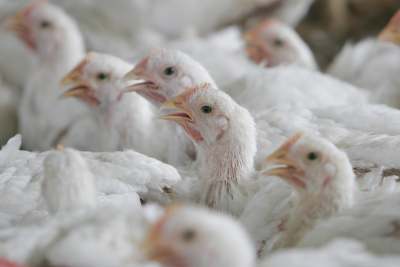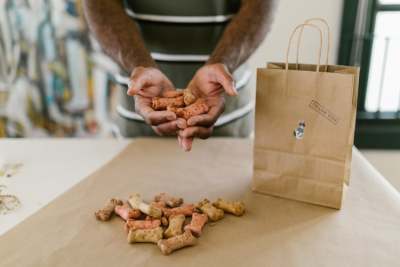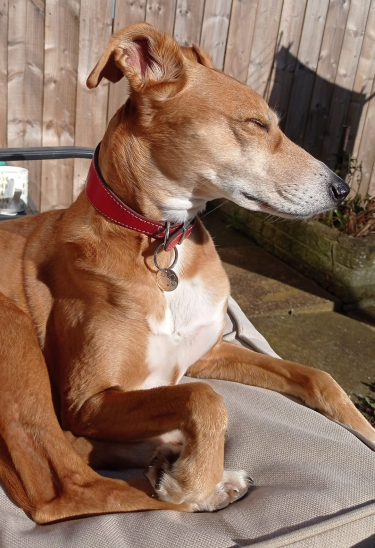The companion animal food sector is booming, with new brands and different products appearing all the time. This guide covers adult dog food, although some of the brands also sell puppy food as well as supplementary treats and chews. We have included dry and wet food, but not raw meat brands or special diets, though raw meat diets are discussed in the guide.
In the UK 27% of adults in the UK share their home with a dog, totalling over 10 million dogs.
As well as toys, beds, medication, insurance, and many other things, our beloved companions need to eat. But while the furry ones in our homes are often members of the family, this can often come at the expense of other animals, workers, and the environment.
But the good news is that with over 30 brands in the guide, there are quite a few high-scoring brands for you and your dog to choose from. Caring for the animals in our lives can be done more ethically, with some companies doing better than others to address their impacts.
We highlight the difference between the top ethically sourced dog food, and the more well-known big brands who are very low scoring, and thus in the dog house.






